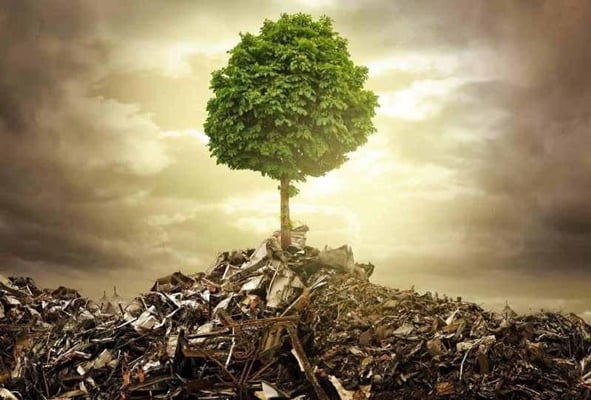Environmental experts say a small move in a secluded corner can impact the whole environment in the world because the environment is not restricted geographically. So, the impacts of war and hostile conflicts on the environment are irreversible and linger on for years.
Nasser Moqaddasi, a deputy head of Iran’s Department of Environment, says in 2001, the environment and resources of many countries involved in the numerous conflicts of the late 20th century had been damaged in wars mainly triggered by the hegemonic powers.
“Now restoring the damaged environmental areas seems highly difficult if not impossible,” he said.
That’s why in 2001 the United Nations designated November 6 as the International Day for Preventing the Exploitation of the Environment in War and Armed Conflict, the official added.
Moqaddasi referred to the Israeli regime as a good example of an anti-environment regime in the world, saying the regime has occupied Palestine’s soil, water resources, natural eco-system, beautiful shores, olive and date gardens as well as large swaths of its farms over the past 60 years.
“The pollution of heavy metals used in Israel’s airstrikes against Palestinians has inflicted heavy blows on the region’s environment and natural resources. Meanwhile, the flow of sewage from Israeli settlements has polluted the rivers of the region as well as drinking water resources,” he said.
According to Moqaddasi, the former Iraqi dictator Saddam Hussein also damaged the environment in large parts of Iraq and Iran. “He dried parts of the regional lakes for military purposes and now we are suffering from the dust storms erupting from the dried parts.”
He said Saddam’s chemical bombardments of western regions of Iran and their longstanding fallouts have left most of the natural resources polluted, causing heavy costs on the Islamic Republic’s economy.
He then referred to the operations of terrorist groups in the region and said over the past years the ISIS militants have caused heavy damages to western Asia and left irreversible effects the natural resources of the region.
“The vegetation of most parts of the region has already been destroyed and other parts have turned into a hub for dust storms, which usually move towards Iran’s western and southwestern provinces after eruption. This leaves huge social and economic losses for us,” he noted.
Moqaddasi said the US unilateral sanctions against the Islamic Republic have anti-environment effects as well.
“The sanctions hamper cooperation underway between Iran and other states in environment areas and disrupt exchange of related technologies. All these, make it harder for us to protect our natural resources and prevent us from signing international treaties in this area.”
He described war as a nasty phenomenon imposed on others by arrogant powers on justice-seeking countries saying Islamic teachings require Muslims to protect natural resources amid conflicts.
“That’s why the international community should develop binding regulations to protect environment against wars and arrogance,” he concluded.
